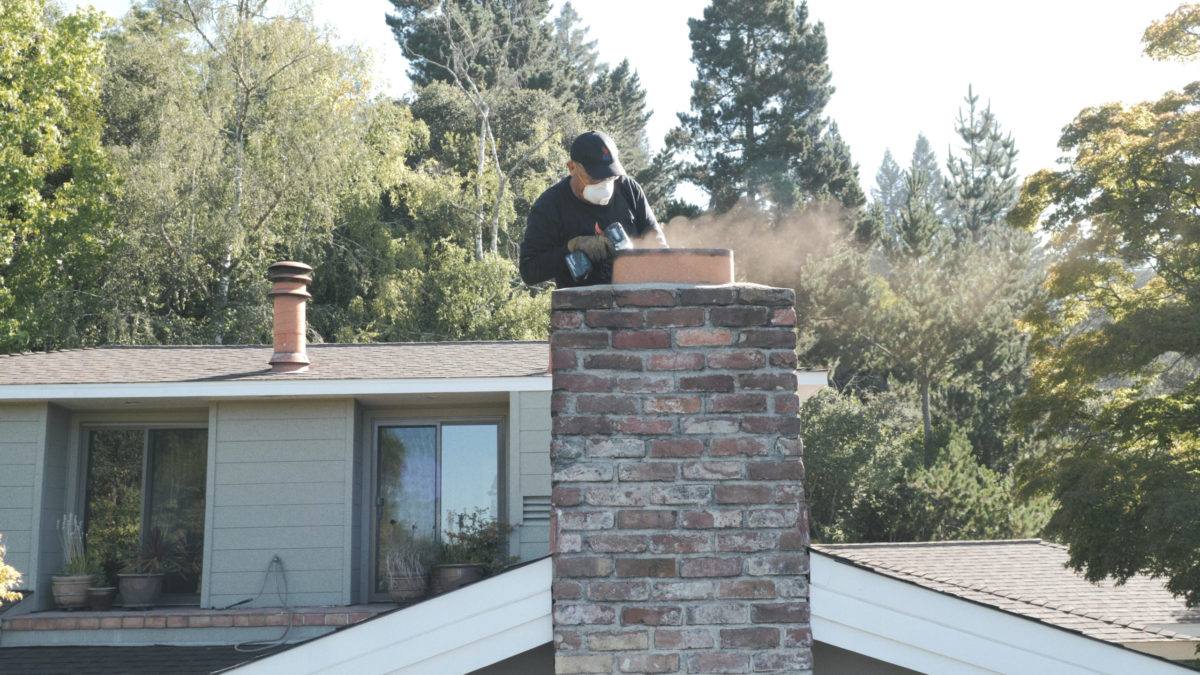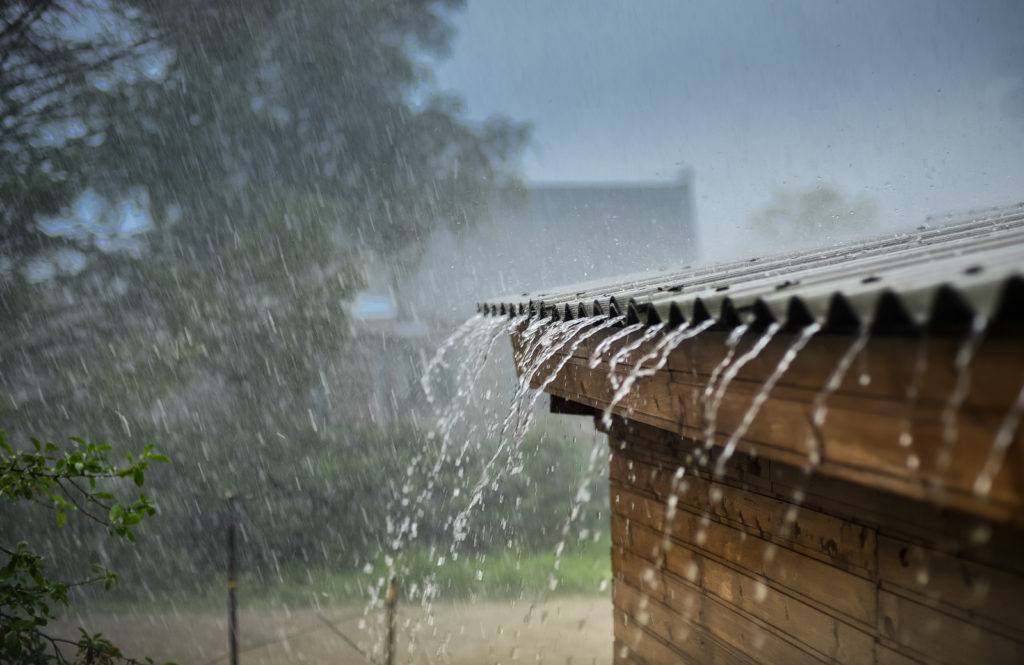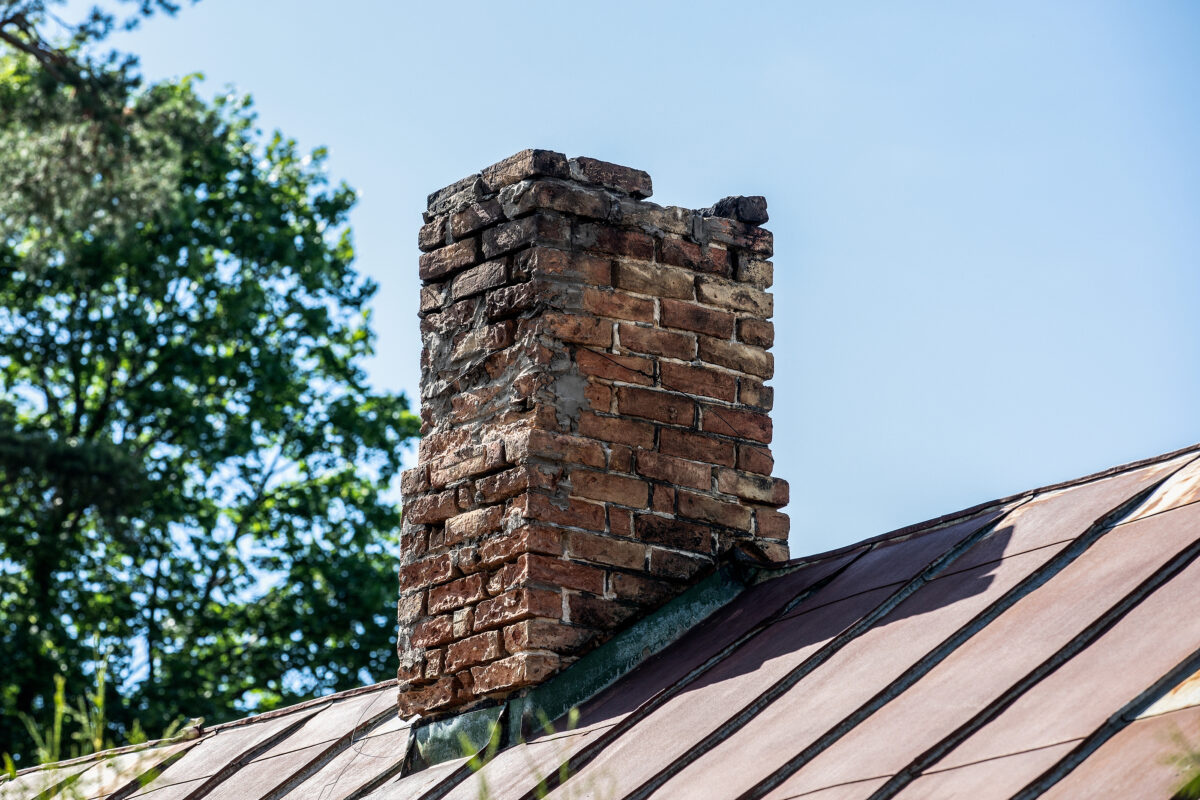Critters are cute, but they certainly don’t belong in the chimney. If you ever hear unusual sounds from your fireplace, like wings, or scratching, odds are you have a wild guest trying to escape. From cats to birds, we’ve been told all kinds of stories about wildlife trapped in flues. But if you find an animal in the chimney, what should you do about it?
DON’T LIGHT YOUR FIREPLACE
First and foremost, don’t light your fireplace. While it might seem logical to try to smoke the animal out, it’s more likely to injure the animal, and possibly your chimney, too.
Instead, close off the fireplace so the animal can’t get loose in your home. The last thing you want is to be chasing a raccoon around the house.
ANIMAL IN CHIMNEY? CALL ANIMAL CONTROL
There’s no need to panic. If you open the damper, the animal may be able to get out on its own. But if that isn’t the case, give your local animal control service a call. They’re better equipped to deal with an animal in the chimney than the fire department.
KEEP CRITTERS OUT
Animals search for warm places to build their nests, especially in wintry months. They don’t understand what a fireplace is. So, it’s best to simply prevent finding an animal in the chimney before it becomes an issue.
To protect both your home and your chimney, it’s important to have a qualified chimney sweep examine the inner components of your chimney for damage. A missing or faulty rain cap, as well as gaps where animals can squeeze in, pose risks to your chimney.
Having your chimney professionally inspected and cleaned before you begin building fires in cold weather will help you avoid not only unwelcome nests, but other hazards. For more information on our services, please give us a call at (510) 521-4088.




